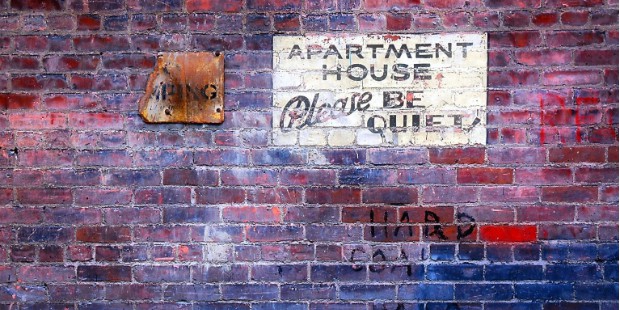 The following is a guest post by Erin Feldman. Her passion is Write Right, her fledgling business. She provides writing coach and consulting primarily to businesses because she deplores the divide that often occurs between creative writing and business writing. Erin would like to insert some creativity and individuality into cultures where the status quo is, well, the status quo. She also draws comics (and quite well, I might add), writes poetry, and runs. You can follow Erin on Twitter here.
The following is a guest post by Erin Feldman. Her passion is Write Right, her fledgling business. She provides writing coach and consulting primarily to businesses because she deplores the divide that often occurs between creative writing and business writing. Erin would like to insert some creativity and individuality into cultures where the status quo is, well, the status quo. She also draws comics (and quite well, I might add), writes poetry, and runs. You can follow Erin on Twitter here.
I tend to think spatially when it comes to my writing workflow. It’s not simply a set of steps or a period of time or a certain environment. It’s a space, a room, a house. It’s a space in which I dwell – sometimes easily and sometimes uncomfortably.
I’m not sure why I think of my workflow in those terms. It could be my background in the arts (despite my inability to maintain perspective in a drawing – everything is skewed in the wrong direction or is going in opposite directions, creating a sense of a not-quite-right space), or it could be the fact that I’ve edited one too many papers or dissertations. Such things seem to have a natural affinity with space; they are wholes comprised of individual parts or rooms. Then again, maybe I’ve been house hunting for too many weeks and have become obsessed with the concept of space. I seem to have a propensity for becoming fixated upon a particular concept for weeks and months at a time. Who’s to say?
In any case, I think spatially. While I may use the words “time” and “environment” to talk about my workflow and process, what I truly mean is “space.” I am creating space for the work that is about to happen. I am creating, as Virginia Woolf would say, a room of my own.
That room or space has a relationship with time; however, the relationship is fluid at best. I know this to be true because I sometimes have to adjust my writing time. For example, I used to write in the morning, but I now write in the evening. Although the evening isn’t my preferred time, it’s the time I have available. It’s up to me to use it wisely and to create a space in which I can write.
It’s also true that that space is somewhat related to the amount of time I have available. I know, for instance, that I can write, revise, and edit a single blog post within the space of an hour. Three hours? I don’t have a space or a room; I have a house. I can write a number of things once I’m inside that house. The trick, of course, is entering it. Sometimes I’m ready to enter that house; sometimes, I enter it kicking and screaming, and I struggle to create anything.
It’s also true that my space has some affiliation with environmental factors and that that space may require different factors. For instance, I sometimes listen to music when I’m revising a work, but I rarely, if ever, listen to music while I’m writing or editing. That space typically isn’t found in public venues, either. It’s too easy for me to be distracted by the people entering the venue or by the conversations happening at nearby tables. My space requires a certain quietude. Without it, I find it almost impossible to think or write.
Once I’ve entered my “writing space” and have a completed work in front of me, I can move into other spaces or rooms of the house: revision and editing. Revision is a space where things are razed to the ground only to be re-built or to be left in a heap of rusty nails and broken boards. Revision is a destructive space; it often requires destroying the physical space in which I’m working as well as the mental space and the work itself. The revision space necessitates a different mindset than the writing one. Revision is a space in which I can worry about coherence and flow and the validity of what I’m saying. The writing space is not.
Editing, too, is a different space. It may be related to the writing and revision ones, but it’s not found in the same space. It’s another room or space within the same house. It’s the room that focuses on cleaning a work. It examines grammar, punctuation, and spelling. It gets the work ready for visitors. It prepares a person for that final, yet scary space – the space known as inviting people to read the work, as hitting publish, as putting the work on the market.
Photo credit: Mark Lunt (CC BY-NC 2.0)